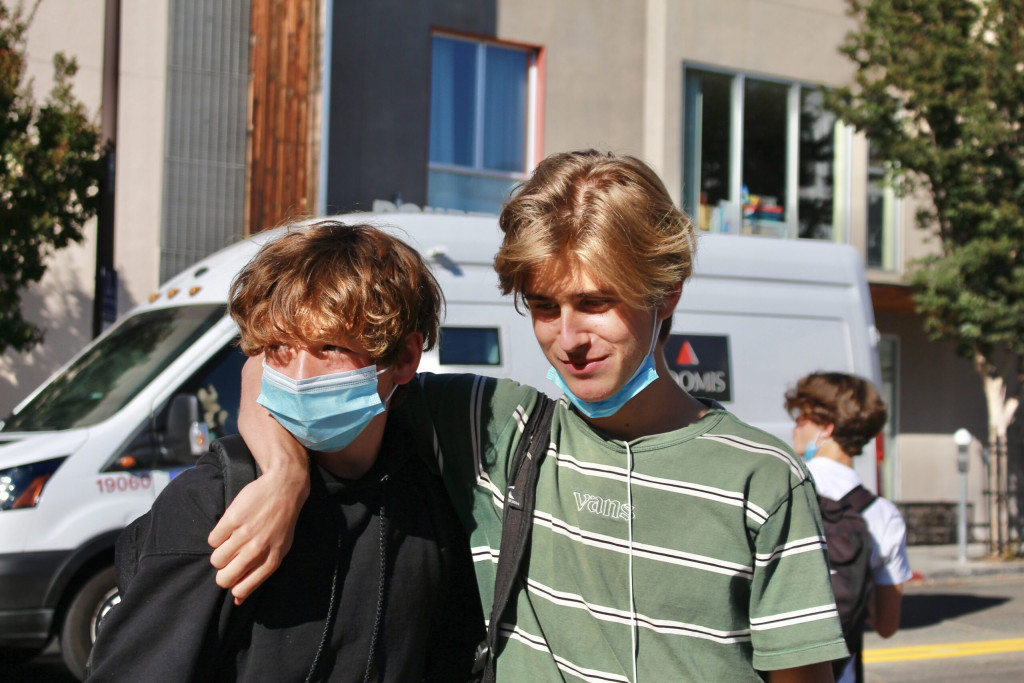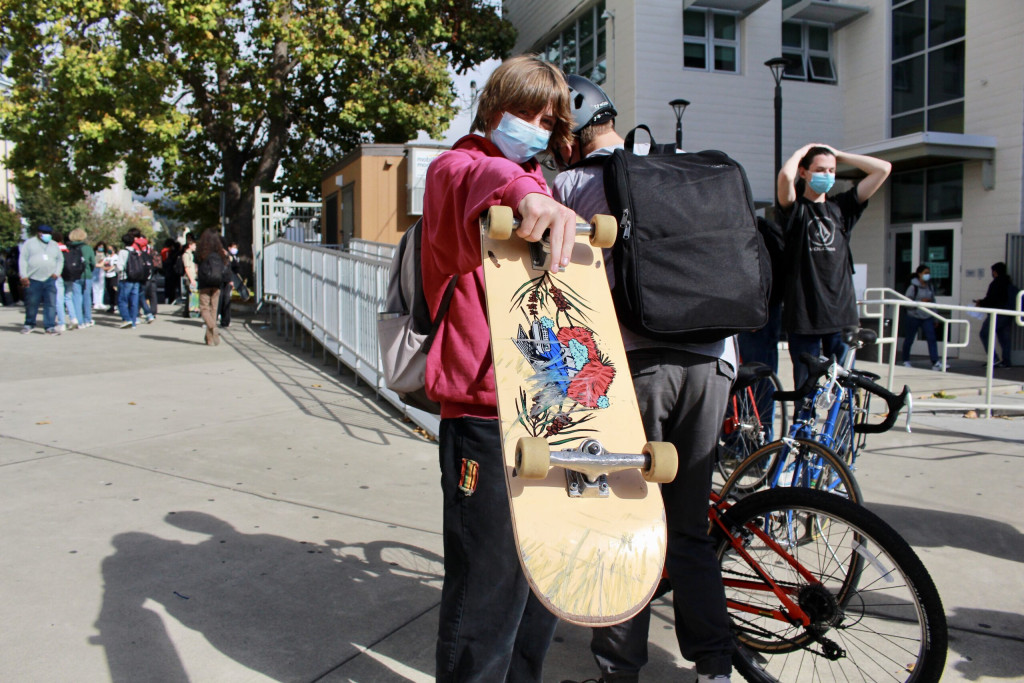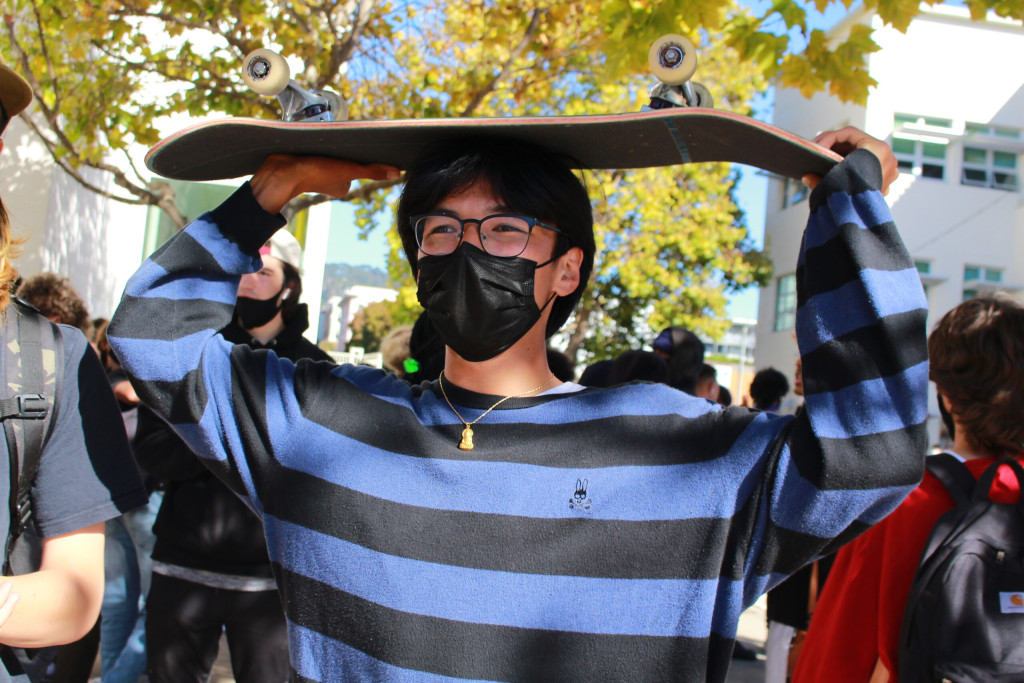Montay Roberts, a freshman in U9, said that many people believe that skaters “have anger issues,” and are prone to taking their anger out on others and property. He also said that it is a commonly held belief that “you have to be cool to skate”or to be a part of skate culture.

Jonah Fleisher, a freshman in Universal Ninth Grade (U9), echoes the idea of uninformed assumptions. When asked about the skater stereotype, Fleisher said that many people have preconceived notions that all “skaters are stoners” or “delinquents and like to commit felonies and crime.”

Damian Chock, a junior in Communication Arts and Sciences (CAS), explained that a common misconception is that those who skate are directly linked to property damage. Damien said, “[In many public spaces] skating is prohibited and that doesn’t seem like that’s a good solution to the problem...people still skate there anyway.”

Finn Musco, a sophomore in AC, said about people who pose as skaters, “They’re not that cool. They do it just to get girls. They don’t know the true culture behind skateboarding.” His advice; “Don’t skate. Skating sucks.” Laughing, he added that he too only “skate[s] to get girls.”

For James Phillips, a junior in AC, skate culture is “a very strange thing to be a part of.” He noted that many people think of skating as a “dirty”or “grimy” activity. Phillips also pointed out that a lot of people who don’t skate and don’t know anything about skating tend to make negative assumptions about it.





